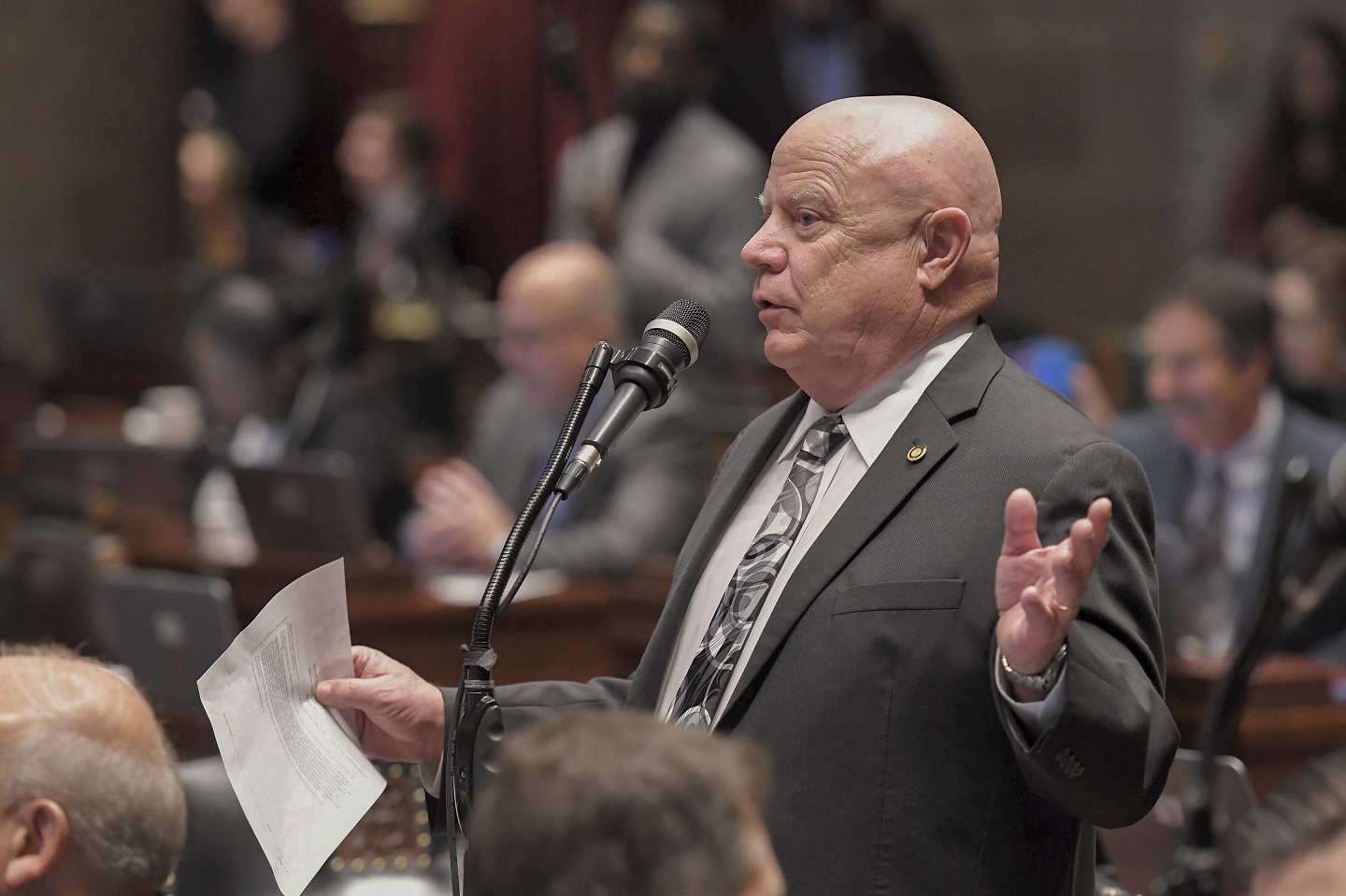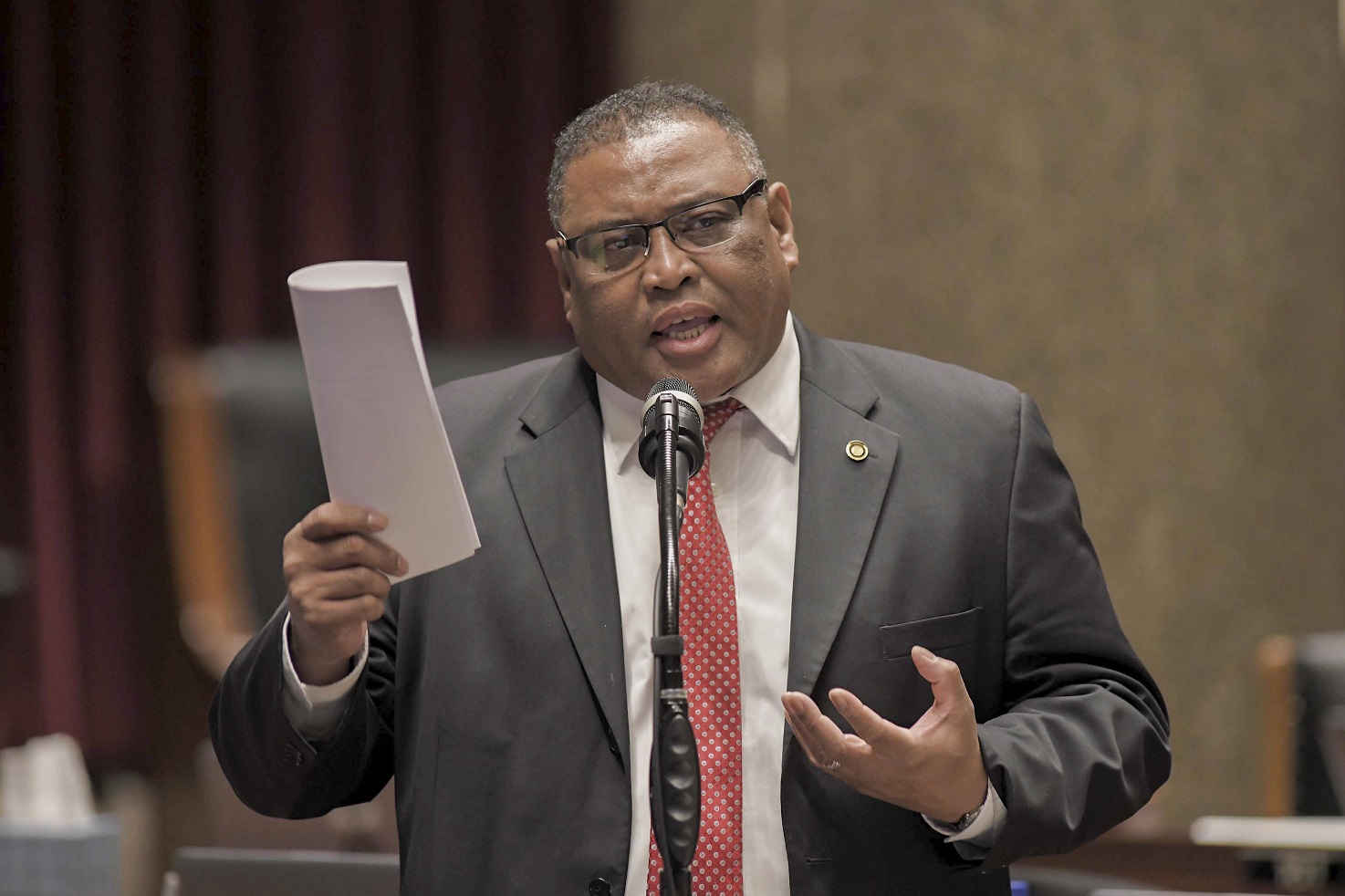Legislation in the Missouri House would lift the requirement, under certain circumstances, that the death of a person under hospice care be investigated.

Backers of House Bill 242 and an amendment added to House Bill 447 say that Missouri law requiring coroners and medical examiners to investigate a death in a home doesn’t account for the increase in the use of hospice care for terminal patients.
“The coroner does not have to come out and see that person who we all know is dead from cancer or a well-documented terminal illness,” said the proposal’s sponsor, Cameron Republican Jim Neely.
The legislation would allow the physician treating a patient or the hospice director to certify when a patient has died due to natural causes relating to a disease or known illness. A coroner or medical examiner must be notified within 24 hours of such a death.
The legislation is personal for at least a couple of representatives. Republican Bill Kidd (Buckner) told his colleagues his wife died after about three weeks in hospice care. He said hospice care allows a terminally ill person and his or her family a great deal of comfort and assistance
Kansas City Democrat Richard Brown said his wife battled cancer for 12-years. She was in hospice for two weeks before she died in 2018.

“The one thing that she wanted was death with dignity. That’s what this amendment does, is it allows those person that are in hospice to die with a sense of dignity,” said Brown. “My wife did not want to go to a coroner and be subjected to an autopsy when we knew what the cause of death would be.”
“In a hospice situation hospice is there on doctor orders, hospice has their own doctors and physicians that come in and access the patient. They already know – everybody has come to the conclusion that this is a terminal case, and it is not necessary for the coroner to intrude into your private home at such a fragile time,” said Kidd.
Neely’s stand-alone bill, HB 242, has been approved by two House committees and could soon be brought to the floor for debate. HB 447, to which the language of 242 has been amended, has received initial approval in the House and could soon be sent to the Senate.